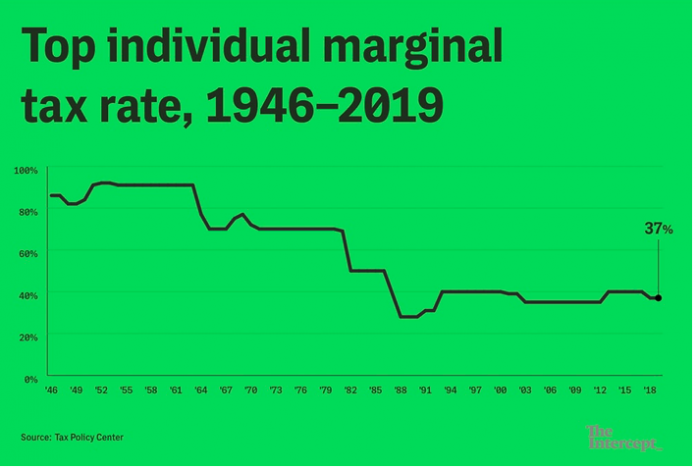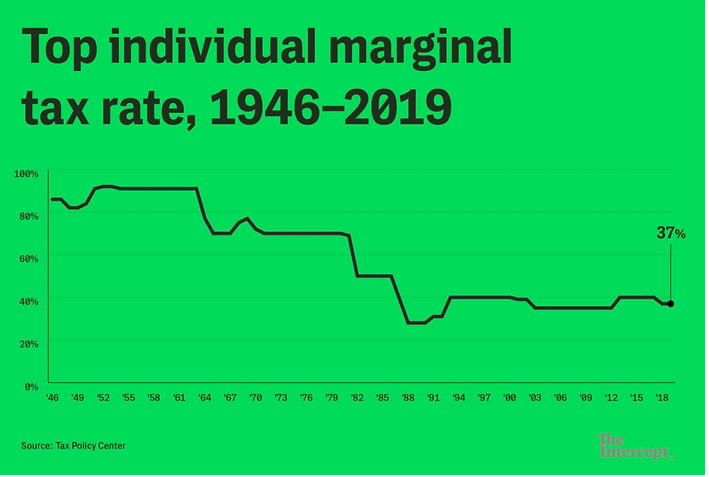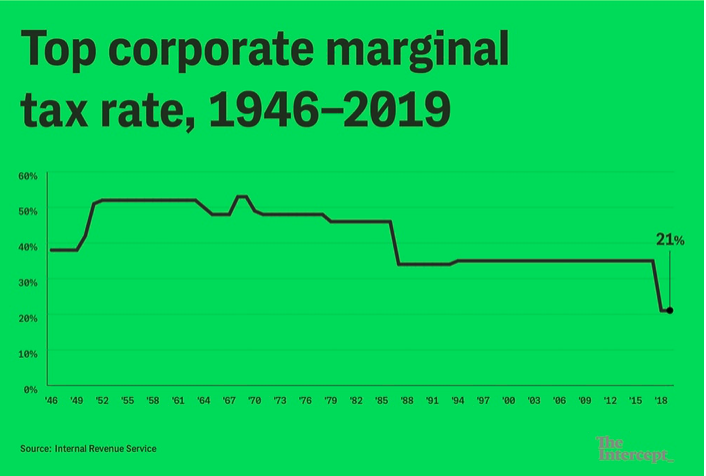
The 2020 presidential race is well under way, and now that Sen. Kamala Harris surprised nobody by announcing she’s running, more people will enter.
Harris got a lot of attention. Two weeks ago, the DailyKos straw poll, which reflects how the liberal activists of the Democratic Party tend to be thinking, had Elizabeth Warren well ahead among the existing candidates. Two days after she announced, Harris is now the DailyKos frontrunner.

None of the candidates are perfect, or ever will be. Warren is a former Republican who thinks Wall Street needs to be more tightly regulated, but she’s not what anyone could call a Democratic Socialist. Sanders is an old white guy whose last campaign had issues and hasn’t yet said he’s running – but his ideas, which seemed so radical four years ago, are now moving closer to the mainstream of the Democratic Party (Markos Moulitsas, the founder of DailyKos, says that Medicare for All is now the “price of admission” to the Democratic primaries.)
The early press on Harris shows her as a hard-working, smart, candidate who should never be underestimated (Obama didn’t have much of a record in the Senate when he ran, either).
She does have a problem: She describes herself as a “career prosecutor,” and that means she has spent much of her life putting people in jail (and, as attorney general, keeping them there.) Some are asking if that kind of record – which worked well in the 1990s (see: Bill Clinton) will work today.
She was not much of a reformer as attorney general, and those parts of her record will eventually get scrutiny.
So far, unlike Joe Biden (who was terrible as the head of Senate Judiciary in the 1990s) she hasn’t admitted that she did anything wrong.
But the 2020 convention is along way away. In the end, most Democrats will vote for and work hard for anyone who can beat Trump. We will see the usual debate over whether a more “mainstream” candidate is better than a Sanders-style progressive. That’s what primaries are for.
Help us save local journalism!
Every tax-deductible donation helps us grow to cover the issues that mean the most to our community. Become a 48 Hills Hero and support the only daily progressive news source in the Bay Area.
It’s also possible that, if the Trump chaos continues and gets worse, a Republican will challenge the incumbent in the GOP primary. We haven’t had serious primary challenges to incumbent presidents in a while, but it’s happened before.
So I want to get away from the personalities and the hype and get down to the issues that ought to define this race. I am looking for a candidate who is willing to say this:
Economic inequality and climate change, which are linked, are the two greatest threats to humanity since the end of World War II and the birth of the Atomic Age. If we don’t address both of them, with dramatic measures, there is no chance for a peaceful, sustainable future on Earth – and quite possibly no hope for the future of the human race.

There are two things that we have to understand about those crises. The first is that the only solutions will come from collaborative public efforts – that is, from government. The private sector under modern Capitalism can make things worse, but can’t make things better. Government – in its essence, not in its current manifestation — is not the problem; it’s the only possible solution.
Second, any effective solution will have to be redistributive. That is: The rich – and by this I mean rich individuals, rich companies, and rich countries – are going to have to give up a little of their wealth to make the rest of the world sustainable.
Every candidate will offer ideas about economic equality – education, economic development, universal health care, better regulation of big business – and all of those could represent some motion in the right direction.
But Thomas Picketty, who is the most important economist since Marx, proves that none of those alone will solve the problem. There is no way to save our current economic system without substantial taxes on income and wealth; without taking from the top and giving it to the bottom.
Alexandria Ocasio-Cortez stunned the lovely liberals at Davos with her idea of a 70 percent tax rate on income of more than $10 million.
It’s scary,” Scott Minerd, global chief investment officer for $265 billion Guggenheim Partners, said in an interview.
“By the time we get to the presidential election, this is going to gain more momentum,” said Minerd, who added that he would probably be personally impacted by it. “And I think the likelihood that a 70 percent tax rate, or something like that, becomes policy is actually very real.”
And it’s actually a pretty popular idea, and something that even Republicans accepted for most of the post-War era.
Climate change also requires not only redistribution (wealthy countries are going to have to pay for sustainable economic development in poorer places) but a recalibration of how we live.
To build a sustainable future, those of us in the rich countries have to produce and buy less stuff. Juliet Schor, one of the top economists in the nation, makes that very clear. We could make a huge impact on climate change (and inequality) but reducing by even ten percent what we spend on stuff we don’t really need. A Green New Deal isn’t just a good idea; it’s pretty much mandatory.
World War II forced the citizens of the US to accept tremendous sacrifices. (The residents of Great Britain suffered much more.) Solving climate change and economic inequality won’t mean gas or food rationing, and won’t mean the deaths of millions of young men. Quite the opposite.
But it will mean that a generation of tech billionaires who have never had to give up anything in their lives, and who in many cases don’t believe in government as a solution, will have to be forced to live with a little bit less.
I say forced because it won’t happen through philanthropy. It will happen through government action – to take money from those who have too much and give it to those who have too little, to possibly even slow economic growth (so we can live within the planet’s means), and to elect people who believe in transparent, accountable government.
Ocasio-Cortez isn’t running for president. But the candidate who wants my vote needs to start talking about reality.

